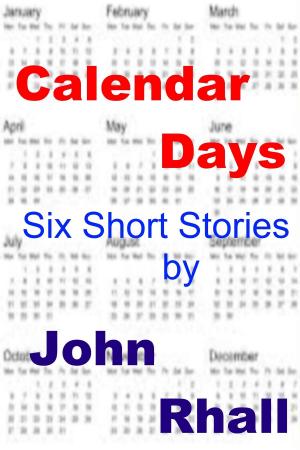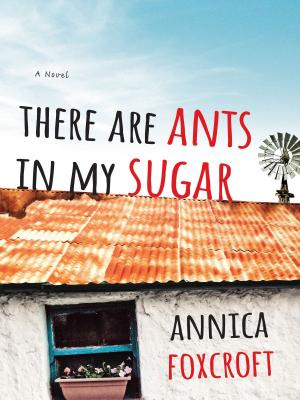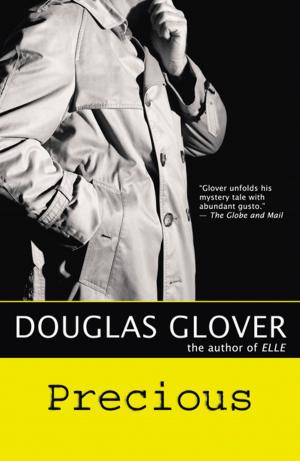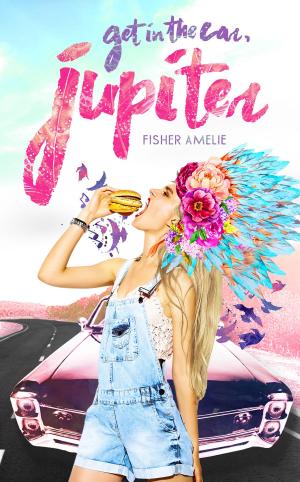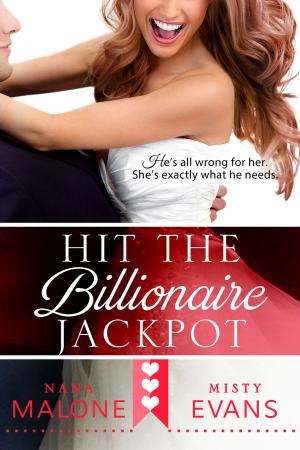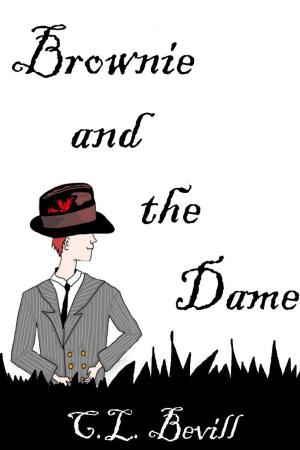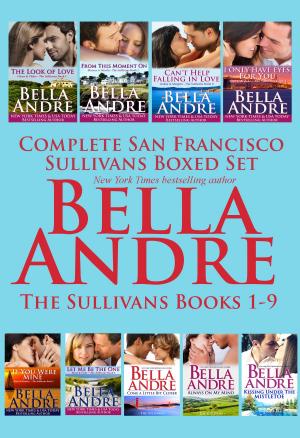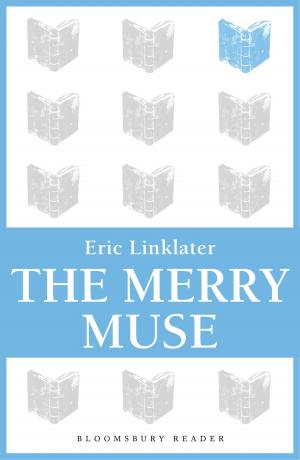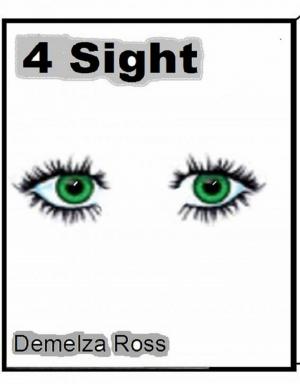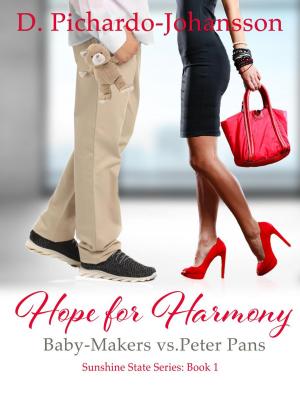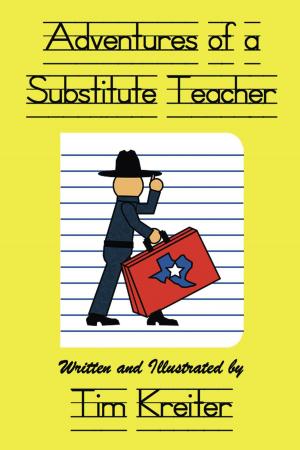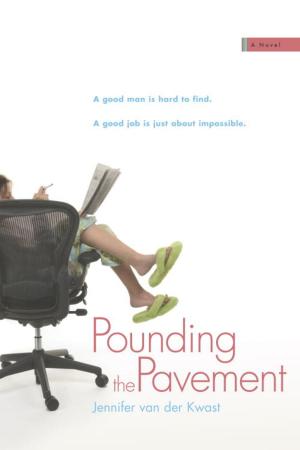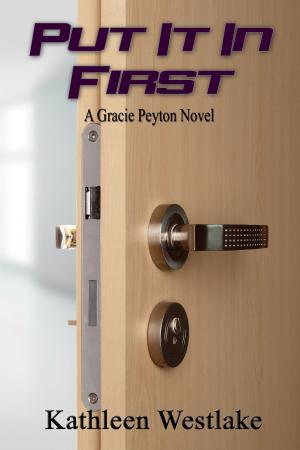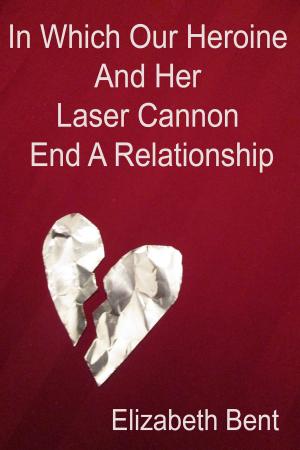| Author: | Chris Perera | ISBN: | 9780995659834 |
| Publisher: | Whittiford Press | Publication: | May 29, 2017 |
| Imprint: | Whittiford Press | Language: | English |
| Author: | Chris Perera |
| ISBN: | 9780995659834 |
| Publisher: | Whittiford Press |
| Publication: | May 29, 2017 |
| Imprint: | Whittiford Press |
| Language: | English |
Eugene, also known as “the Quagga” was a unique character in Whittiford folklore. A ‘gentleman of the road’ to some; to others no more than a vagrant or a tramp. This highly eccentric collection of humorous poetry is published as a companion piece to Whittiford Wilds and reveals a keen observer of human quirks and foibles.
The story of “the Quagga” is a novelette that dominates Chris Perera’s short story collection: Whittiford Wilds. The character of Eugene, known popularly as the Quagga, is a vagrant of South African origin who is frequently drunk, yet peppers his dialogue with funny observations and oblique references during his meandering conversations, often in verse form. Eugene also makes an appearance in the short story Duelling Blades, which introduces us to two other important Whittiford characters, Dale and Mitch, who we will meet again in later Whittiford stories. He is also namechecked in the final tale, Re: Joyce.
Eugene’s poetry is frequently pithy, such as his six line nonsense poem "Americans". Americans / Don't eat courgettes / They only eat zucchini / Whereas the French / Consume courgettes / Marrow less routinely.
Although several of these poems can be found in Whittiford Wilds, most are unique to this collection. The idea is that we learn more about this kooky character through his poetry. Nevertheless, these humorous poems have a life of their own, and may be read independently of the Whittiford series. Though the author made Eugene South African by birth, his poetry has a whimsical quality and an interest in wordplay that is often associated with British eccentricity. If you enjoy the madcap idiosyncrasies of Ivor Cutler, Spike Milligan, and even Vivian Stanshall; or the cleverness of Roger McGough, then this collection will almost certainly appeal to you.
Eugene’s poetry frequently displays clever, if surreal, use of wordplay, such as "War of the Words". Though torture / Had been officially outlawed / During the War of the Words / The pedant was prepared / To show the Court / Where the nit-pickers / Had quibbled With his split hairs.
Wild and untameable, the quagga was a subspecies of plains zebra that lived in South Africa and hunted to extinction by settlers during the 19th Century. Named after its distinctive bray, it was called “quagga” by indigenous tribespeople as the sound was said to resemble a laugh – kwa-ha.
Eugene also had a knack for what English librettist and poet WS Gilbert termed topsy-turvy. This is his poem "ARS".
On expressing distaste / At a piece of modern art / The “elite” dismissed me / As a philistine old fart / On revising my opinion / (For I hate to be defeatist) / The hoi-poloi dismissed me / As a toffee-nosed elitist.
Eugene: In His Own Words is a small but substantial addition to the slowly expanding literature of Whittiford.
Eugene, also known as “the Quagga” was a unique character in Whittiford folklore. A ‘gentleman of the road’ to some; to others no more than a vagrant or a tramp. This highly eccentric collection of humorous poetry is published as a companion piece to Whittiford Wilds and reveals a keen observer of human quirks and foibles.
The story of “the Quagga” is a novelette that dominates Chris Perera’s short story collection: Whittiford Wilds. The character of Eugene, known popularly as the Quagga, is a vagrant of South African origin who is frequently drunk, yet peppers his dialogue with funny observations and oblique references during his meandering conversations, often in verse form. Eugene also makes an appearance in the short story Duelling Blades, which introduces us to two other important Whittiford characters, Dale and Mitch, who we will meet again in later Whittiford stories. He is also namechecked in the final tale, Re: Joyce.
Eugene’s poetry is frequently pithy, such as his six line nonsense poem "Americans". Americans / Don't eat courgettes / They only eat zucchini / Whereas the French / Consume courgettes / Marrow less routinely.
Although several of these poems can be found in Whittiford Wilds, most are unique to this collection. The idea is that we learn more about this kooky character through his poetry. Nevertheless, these humorous poems have a life of their own, and may be read independently of the Whittiford series. Though the author made Eugene South African by birth, his poetry has a whimsical quality and an interest in wordplay that is often associated with British eccentricity. If you enjoy the madcap idiosyncrasies of Ivor Cutler, Spike Milligan, and even Vivian Stanshall; or the cleverness of Roger McGough, then this collection will almost certainly appeal to you.
Eugene’s poetry frequently displays clever, if surreal, use of wordplay, such as "War of the Words". Though torture / Had been officially outlawed / During the War of the Words / The pedant was prepared / To show the Court / Where the nit-pickers / Had quibbled With his split hairs.
Wild and untameable, the quagga was a subspecies of plains zebra that lived in South Africa and hunted to extinction by settlers during the 19th Century. Named after its distinctive bray, it was called “quagga” by indigenous tribespeople as the sound was said to resemble a laugh – kwa-ha.
Eugene also had a knack for what English librettist and poet WS Gilbert termed topsy-turvy. This is his poem "ARS".
On expressing distaste / At a piece of modern art / The “elite” dismissed me / As a philistine old fart / On revising my opinion / (For I hate to be defeatist) / The hoi-poloi dismissed me / As a toffee-nosed elitist.
Eugene: In His Own Words is a small but substantial addition to the slowly expanding literature of Whittiford.

